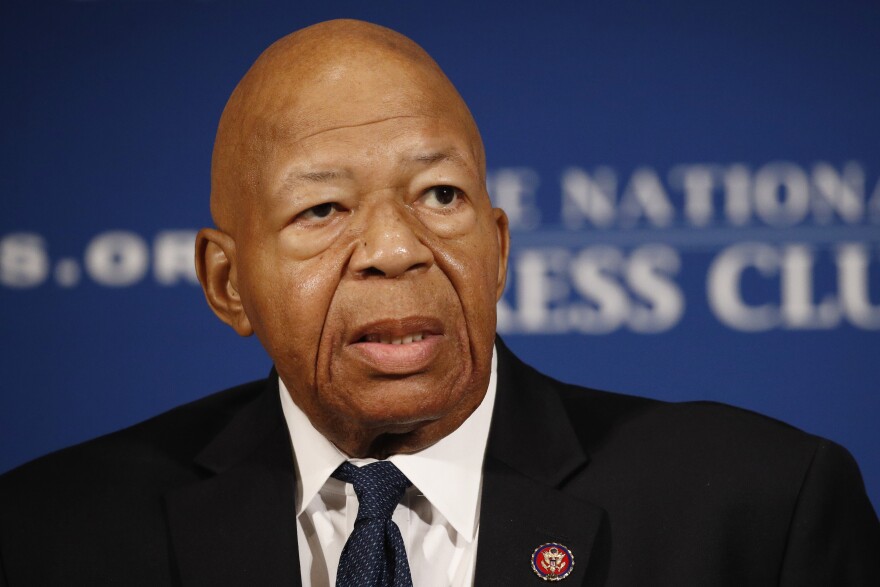City and state officials convened in Baltimore on Tuesday to discuss ways to prevent and treat childhood trauma, which affects more than half of the city’s children.
At a forum hosted by U.S. Rep. Elijah Cummings, Sen.Chris Van Hollen, Rep. John Sarbanes, Mayor Jack Young, City Council President Brandon Scott, Health Commissioner Letitia Dzirasa and Police Commissioner Michael Harrison joined experts and city agency staff to speak about current and future efforts to combat trauma.
“Children are the living messengers we send to the future we will never see,” said Cummings, a Democrat whose district includes most of Baltimore. “The future we are creating needs to be a brighter one for every child.”
That means city and state officials working together. “We need everybody’s help,” he said.
The science is clear.
— Elijah E. Cummings (@RepCummings) August 20, 2019
Traumatic experiences can injure the developing brains of children, create life-long impairments to their ability to manage stress and regulate emotions, and significantly increase the likelihood of negative health outcomes and even death.
Trauma is pervasive and can affect grades and physical health, as well as lead to risk-taking behavior, said Michael Sinclair, a sociology professor at Morgan State University.
“Substance abuse becomes the maladaptive coping mechanism to trauma,” he said.
Several officials expressed support for a bill before the City Council that aims to improve how the city responds to youth trauma. It would equip city agencies with resources like social workers and give staff formal training to recognize the signs of trauma.
“We will start to push that bill,” Scott said.
Some speakers said tense interactions between city police and the communities where they work can spur traumatic events for residents. Harrison said, restoring community trust in the police is paramount to reducing trauma.
To that end, Harrison said he tells every new officer on the force three things: Build non-existing community relationships, improve the good ones and repair the bad ones.Harrison’s sweeping new crime plan also directs officers to spend a third of their shift talking with city residents and engaging in other “proactive efforts.”





